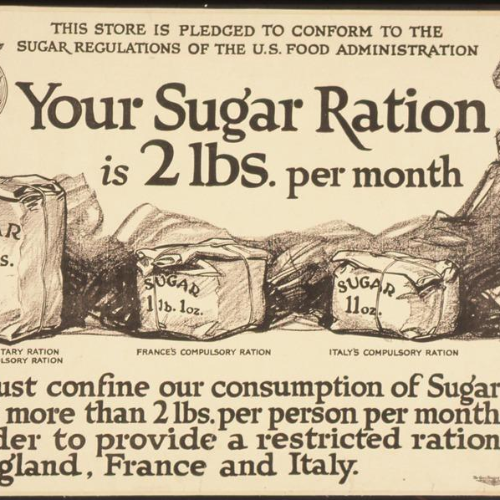
Sugar Act: Understanding Its Impact on Colonial Trade
March 9 - September 29, 1764
British American Colonies
Great Britain
Policy enacted but failed revenue
Introduction
Background and causes of the Sugar Act
The events of the Sugar Act
The enactment of the Sugar Act set in motion a series of official actions and colonial reactions during its brief enforcement.
Implementation timeline
The Sugar Act was passed by the British Parliament on April 5, 1764, and came into effect starting May 1 of that year. It was designed to update and strengthen previous trade laws, particularly the Molasses Act of 1733. The act lowered the tax on molasses but broadened the range of taxed goods and increased enforcement mechanisms. British customs officials were empowered to strictly enforce the regulations, and the Royal Navy played a role in ensuring compliance. Suspected violators faced trial not in local courts, but in Vice-Admiralty Courts, which operated without juries.
Enforcement actions
Once the act was in force, British customs officers intensified their efforts to stop smuggling and enforce taxes on imports like sugar, molasses, wine, and textiles. Ships arriving in colonial ports were subject to stricter inspections. The new legal framework removed traditional colonial trial rights for accused smugglers, creating a climate of suspicion and control. The presence of customs officials and naval patrols along the American coastline increased markedly. These measures aimed at raising revenue for Britain while curbing what was seen as widespread evasion of existing trade laws.
Colonial response during enforcement
As enforcement took hold, many colonial merchants and consumers resisted the new regulations by refusing to import taxed goods. This informal boycott affected trade patterns, particularly in New England, where economic hardships began to show. Colonial leaders and pamphleteers reacted by publicly criticizing the act, publishing articles that challenged Parliament’s authority to tax the colonies without their consent. This fueled a growing atmosphere of distrust and opposition. Although there were no large-scale riots specifically connected to the Sugar Act, the tension it generated contributed to rising colonial discontent.
Duration and enforcement end
The Sugar Act was officially in effect for about two years. By 1766, facing colonial resistance and challenges in enforcement, Parliament repealed the act but replaced it with other revenue measures. During its course, the act marked a significant shift in how Britain sought to raise money from its American colonies through direct taxation rather than simple trade regulation. The strict enforcement techniques and judicial changes of the Sugar Act had lasting impacts on colonial attitudes toward British governance.
In summary, the events of the Sugar Act involved a firm introduction of new tax laws, stepped-up enforcement by British authorities, growing colonial economic resistance, and eventual repeal within two years. The act set the stage for future conflicts over taxation and colonial rights.